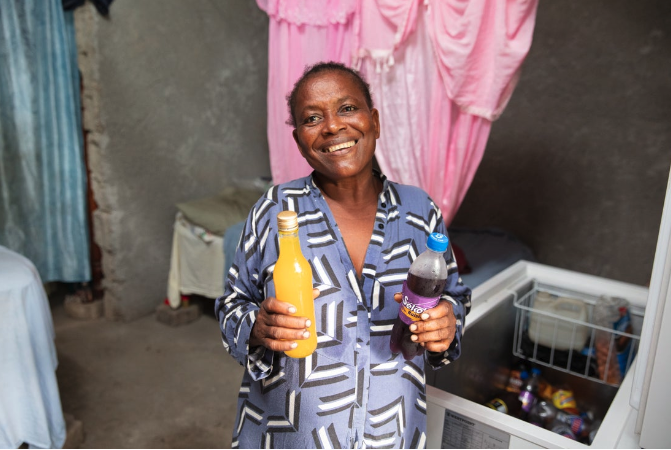Unlocking She-STEM Potential for a Sustainable and Inclusive Tech-Driven Economy in Africa

As the curtains draw on the She-Tech Forum 2024, hosted within the broader Connected Africa Summit, reflections on the intersectionality of women’s leadership in Information and Communication Technology (ICT) with renewable energy and climate change initiatives resonate deeply. Panelists from Governments across Africa, Civil Society, Private Sector, Academia and Development organizations spoke with dynamism and passion to underscore the pivotal role women play in shaping Africa’s digital landscape and, crucially, in advancing sustainable development goals.
In the realm of science, technology, engineering and mathematics (STEM), women have been increasingly breaking barriers, challenging norms, and driving inclusivity. However, data reveals a significant gap in female representation at leadership levels within the sector. According to a report by the International Telecommunication Union (ITU), women make up only 20-30% of the ICT workforce in Africa, and their presence in leadership roles is even lower. Similarly, women represent only 32% of the global renewable energy sector workforce according to IRENA with even lower percentages of management positions.
In Africa, this gap can be attributed to several factors such as societal stereotypes that men are better in STEM subjects and careers than girls, limited early intervention to encourage girls and young women to take up STEM subjects, domestic pressures on girls, lack of supporting environment or poor enforcement of gender equity policies and lack of STEM female role models among other factors.
Despite these challenges, the She-Tech Forum served as a testament to the resilience and potential of women in STEM across the different sectors. It provided a platform for dialogue, collaboration, and empowerment, highlighting stories of women-led initiatives that are driving change at the intersection of ICT and other fields including healthcare, education, climate and renewable energy among other sectors.
Africa stands at a crossroads where the urgency to address climate change is intertwined with the imperative to foster technological advancement and economic growth. In this context, the nexus between women’s leadership in STEM careers and renewable energy becomes not only evident but imperative for sustainable development.
A good example of this intersection is an initiative by the Economic Commission for Africa (ECA) -Connected African Girls Coding Camp and Climate Change Adaptation Hackathon through which young engineers and innovators have devised creative projects that incorporate emerging technologies to fight climate change and build resilience across the continent.
Studies show that when women are involved in decision-making processes projects are more likely to succeed and have a positive impact on communities.
Firstly, women bring unique perspectives and approaches to problem-solving, rooted in empathy, collaboration, and holistic thinking. These attributes are invaluable in tackling the complex challenges posed by climate change and in crafting innovative solutions for renewable energy adoption and resilience-building.
Secondly, leveraging ICT tools and platforms, women leaders can amplify the reach and impact of renewable energy initiatives. From community-driven energy projects to data-driven decision-making for climate adaptation, technology serves as an enabler for scalable and sustainable solutions.
Moreover, fostering women’s leadership presents an opportunity to address existing disparities and ensure inclusive development. By providing women with equal access to education, connectivity, training, and leadership opportunities in STEM, we not only empower individuals but also unlock the full potential of our societies to thrive.
The truth of the matter is that the gender gap in STEM careers is huge and no one organization can resolve this challenge by its self. Governments across Africa must lead the way by creating an enabling environment for more women to take up STEM careers and create room for them in decision-making positions. Additionally, governments need to play a convening role to bring together other stakeholders and put resources, expertise, ideas, and funding together for a common goal.
The timing of the She-Tech Forum, coinciding with International Girls in ICT Day under the theme of “Leadership,” serves as a poignant reminder of the critical need for strong female role models in STEM careers. As we celebrate the achievements of women in technology, let us also recognize their instrumental role in driving progress towards a sustainable and resilient future.
Looking ahead, we must continue to foster collaboration, mentorship, and investment in women’s leadership across every sector. By harnessing the collective talents and ingenuity of all, regardless of gender, we can forge a path towards a more equitable, prosperous, and resilient Africa.


